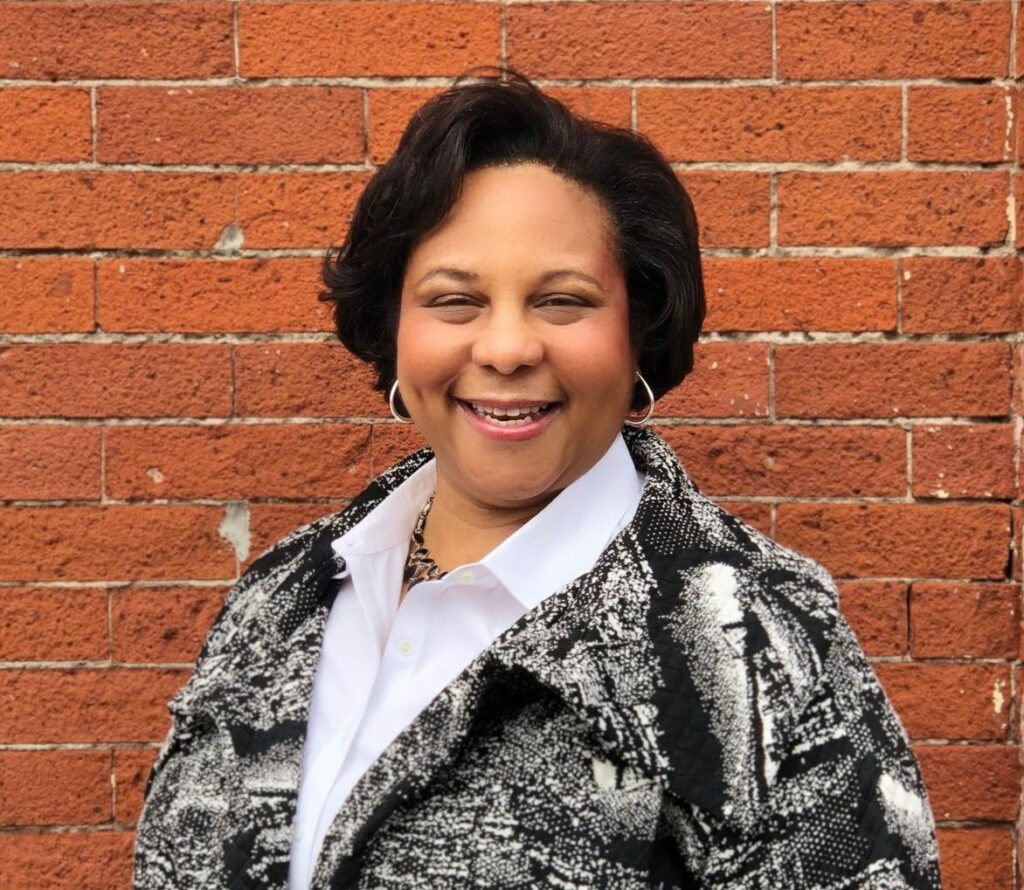By Janet Y. Spears, Chief Executive Officer, Metta Fund
I recently had a new head shot taken. It’s been close to 10 years since I last had a professional photograph taken of me, and well: I look a bit different. I now have an additional line or two across my forehead and my hair is sprouting a few more grays.
I’m aging.
Of course, we all know that aging is inevitable. Perhaps one of the only inevitable things in our society.
But how we age is not.
Healthy aging—or “aging well”—means our body and mind are as healthy as they can be; something we all hope for. Something we all should have the right to.
Yet, we know that not everyone is able to make lifestyle choices that preserve their health, wellbeing, and dignity. Eating well, exercising, saving for retirement, and being able to spend time with others is a luxury for many.
Most Americans are just trying to survive. In fact, millions of older Americans – especially those furthest from access and opportunity—are not aging well. They are experiencing reduced quality of life in terms of chronic disease, economic insecurity, loneliness, and isolation.
And America’s population is growing steadily older. Increased longevity is leading to a major demographic shift. Across the nation, adults 65 and older are now the fastest-growing population group. Here in San Francisco, nearly 30% of residents will be 60 or older by 2030. Yes, that’s one in three San Franciscans. And they won’t all be eating avocado toast. Many of them will be facing unique challenges for which nonprofits, foundations, and government may not be prepared.
Perhaps it’s time to ring the alarm: a mere one percent of philanthropic dollars go toward aging programs. In other words, philanthropy has not tuned in.
In philanthropy, we tend to use many different languages to describe our mutual end goal: serving our community and eradicating social ills. We say we are responsive to community needs. Well, I believe that if we care for our elders, the whole community will do better.
I know that one of the biggest dilemmas for us grantmakers is where to allocate finite resources. Let’s be honest: we all feel like we are barely scratching the surface because so many programs and initiatives fall short on funding. So many people are suffering. So many structural inequities persist.
But the steadily growing need of support for organizations serving and advocating for older adults can no longer go unrecognized. Older people can no longer remain the invisible population.
Our increased longevity not only begs questions around how we want to provide for our aging population, but also what we want to do with our own extra 20 or 30 years.
This second phase of my life is proving to offer some of my most rewarding years. I have new-found wisdom and patience. I strive to prioritize my personal health and wellness. I also have clarity on my personal and career trajectory, and I can offer insight to younger people. I am also a bit more direct in my ask.
It’s time we honor our elders, we include them in more aspects of society, and it’s about time we ramp up our giving to programs that foster healthier living options for those of us later in life. Because living longer does not equate to living better.
As individuals, as grantmakers and philanthropists, we must come together to shape outcomes for our community and the legacy we leave behind for future generations. We can no longer hit the snooze button.
